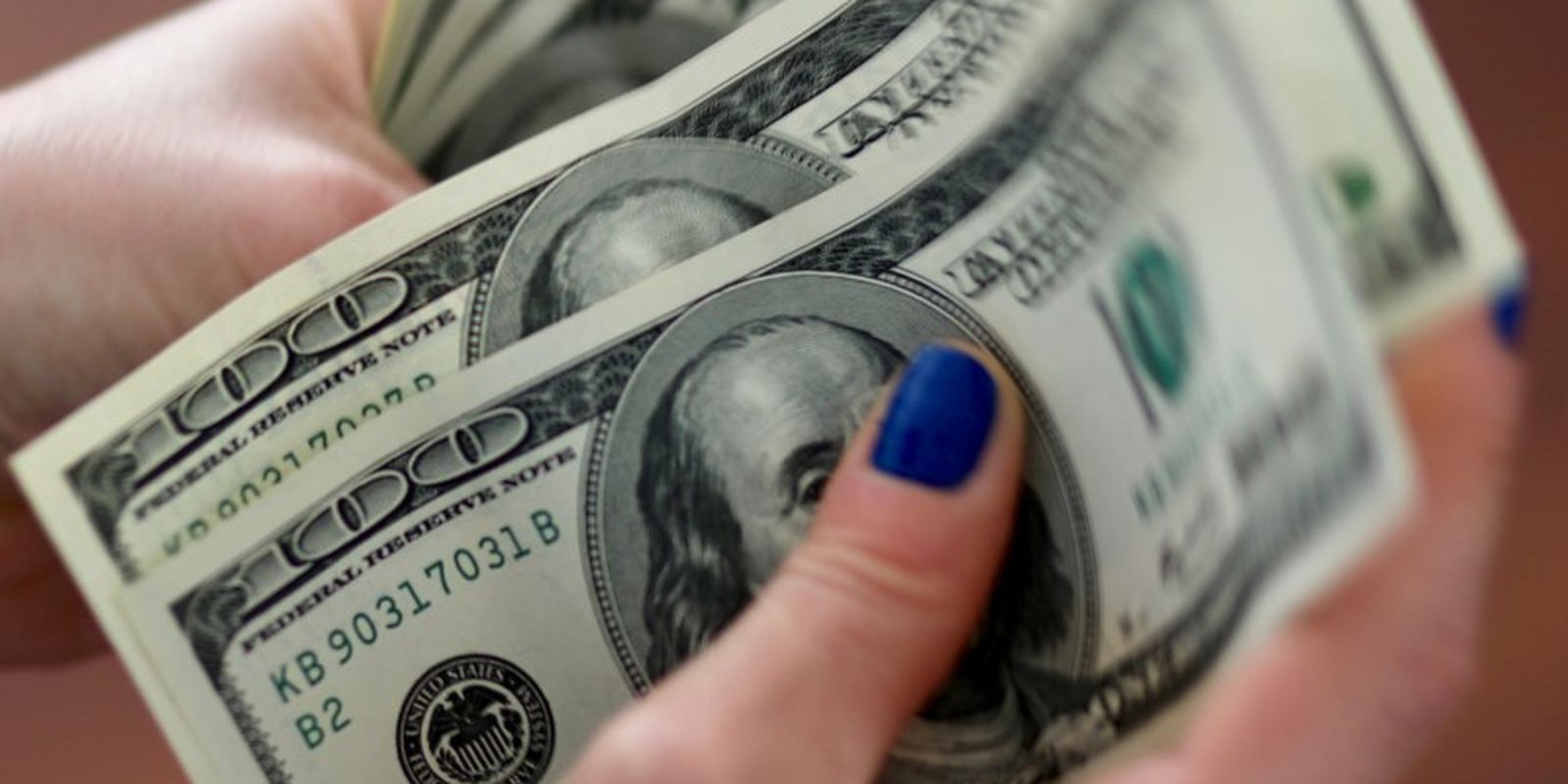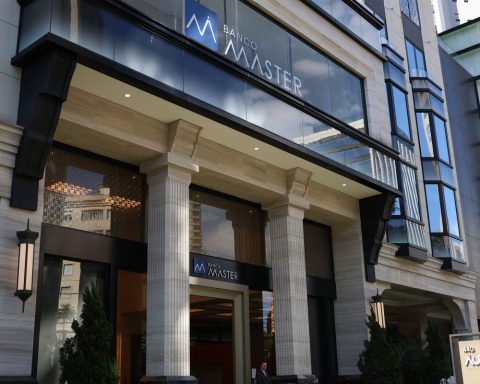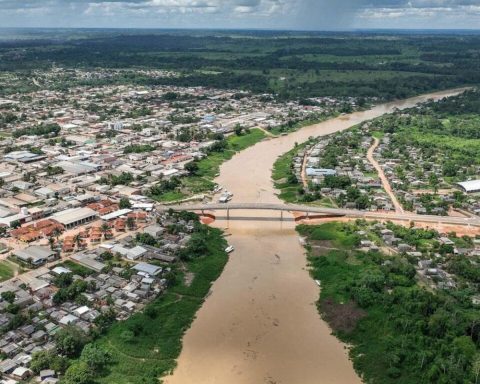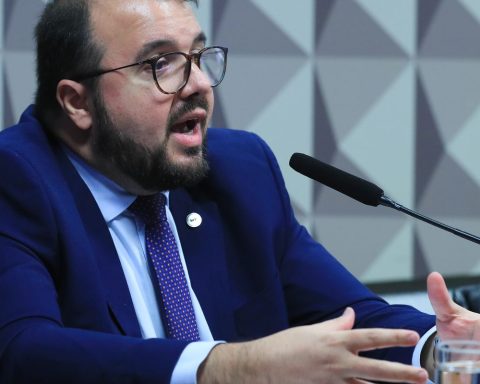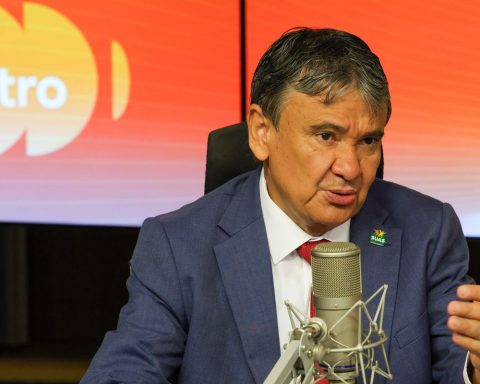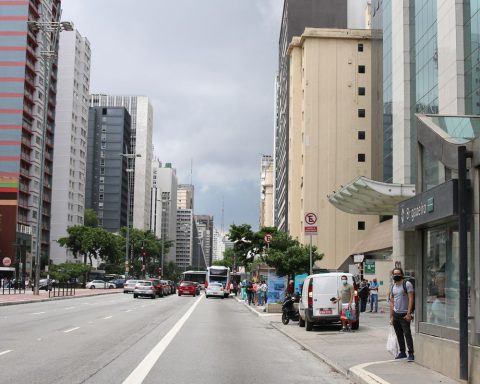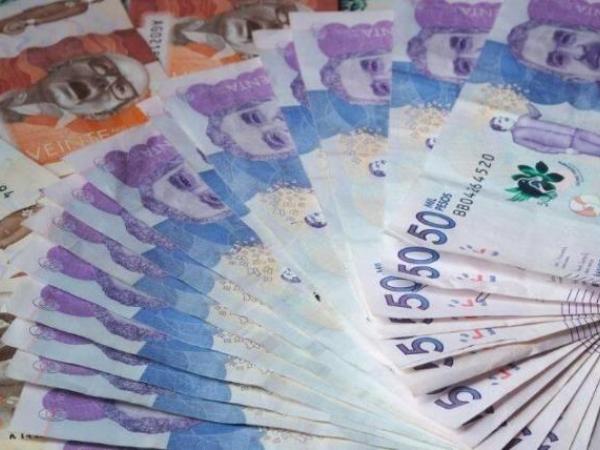The stock market rose and the dollar fell the day after the Brazilian public debt rating was raised by risk rating agency Moody’s. Country risk had a strong decline of 4%.
The commercial dollar ended this Wednesday (2) sold at R$ 5,444, with a drop of R$ 0.02 (-0.36%). The currency started the day sold at R$5.40, but the fall slowed down throughout the day. This was the first drop after two days of rise in the US currency, amid worsening tensions in the Middle East.
In the stock market, the day was marked by gains. The Ibovespa index, from B3, closed at 133,515 points, up 0.77%. In addition to Moody’s decision, the Brazilian stock exchange was influenced by the rise in commoditiesmainly oil, which has gained strength since the attacks by Israel on Lebanon and by Iran on Israel on Tuesday (1st).
Other international indicators reflected the improvement in the Brazilian score. The Brazil risk, measured by five-year CDS (a type of insurance against government defaults) fell 4% this Wednesday. The decline was greater than that observed for other CDS from emerging countries.
Future interest rates, especially longer-term ones, also fell. Interest on DI contracts for January 2031 fell from 12.403% per year on Tuesday to 12.35% on Wednesday. Rates for 2033 went from 12.36% to 12.3% per year. Future interest rates fell, despite the Central Bank raising the Selic Rate (basic interest rates for the economy), which index short-term contracts.
The country’s rating rose from Ba2, two levels below investment grade, to Ba1, one level below that category. The investment grade represents the guarantee that the country is not at risk of defaulting on its public debt.
In its statement, the agency mentioned the significant improvement in the country’s credit, which is due to the robust growth of the economy and recent economic and fiscal reforms. Moody’s highlighted the relevance of the commitment to fiscal targets and the stabilization trajectory of public debt in relation to Gross Domestic Product (GDP).
Shortly after Moody’s decision, Finance Minister Fernando Haddad said he believed Brazil could achieve investment grade by 2026.
*with information from Reuters
